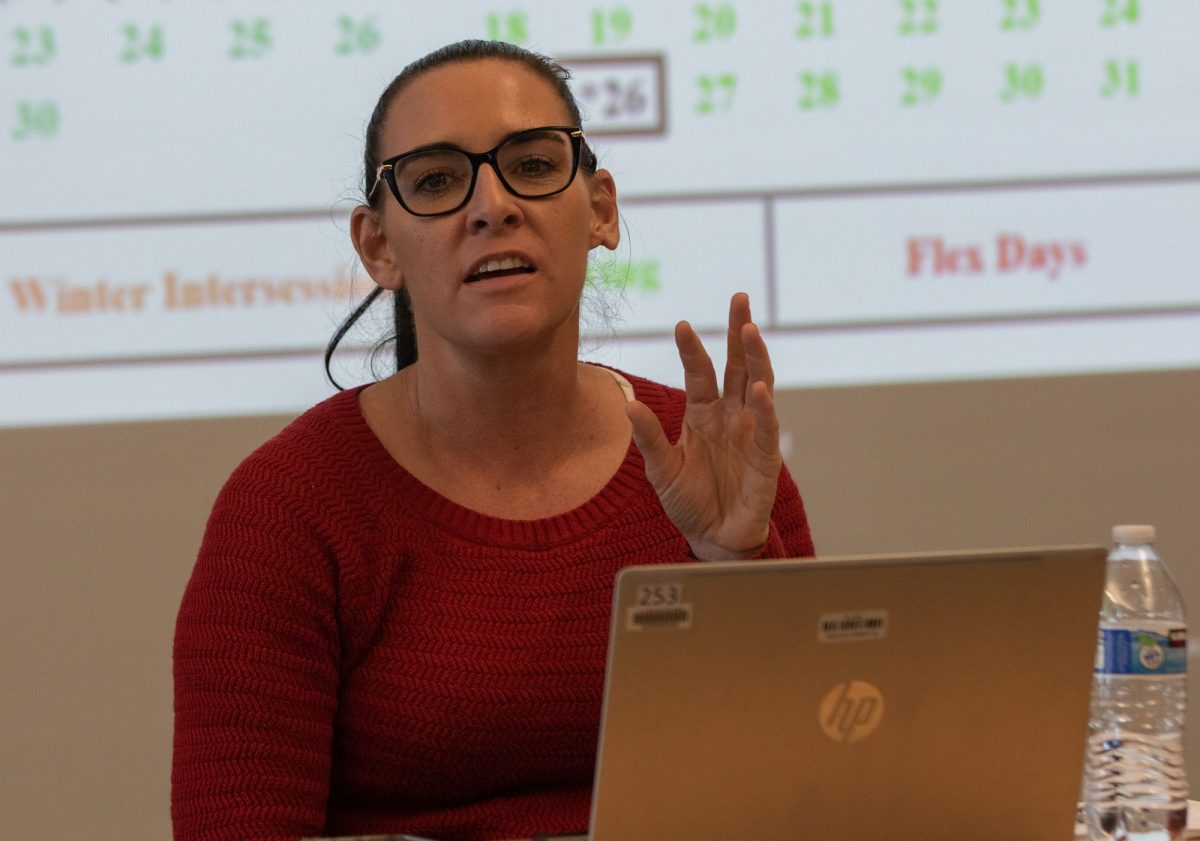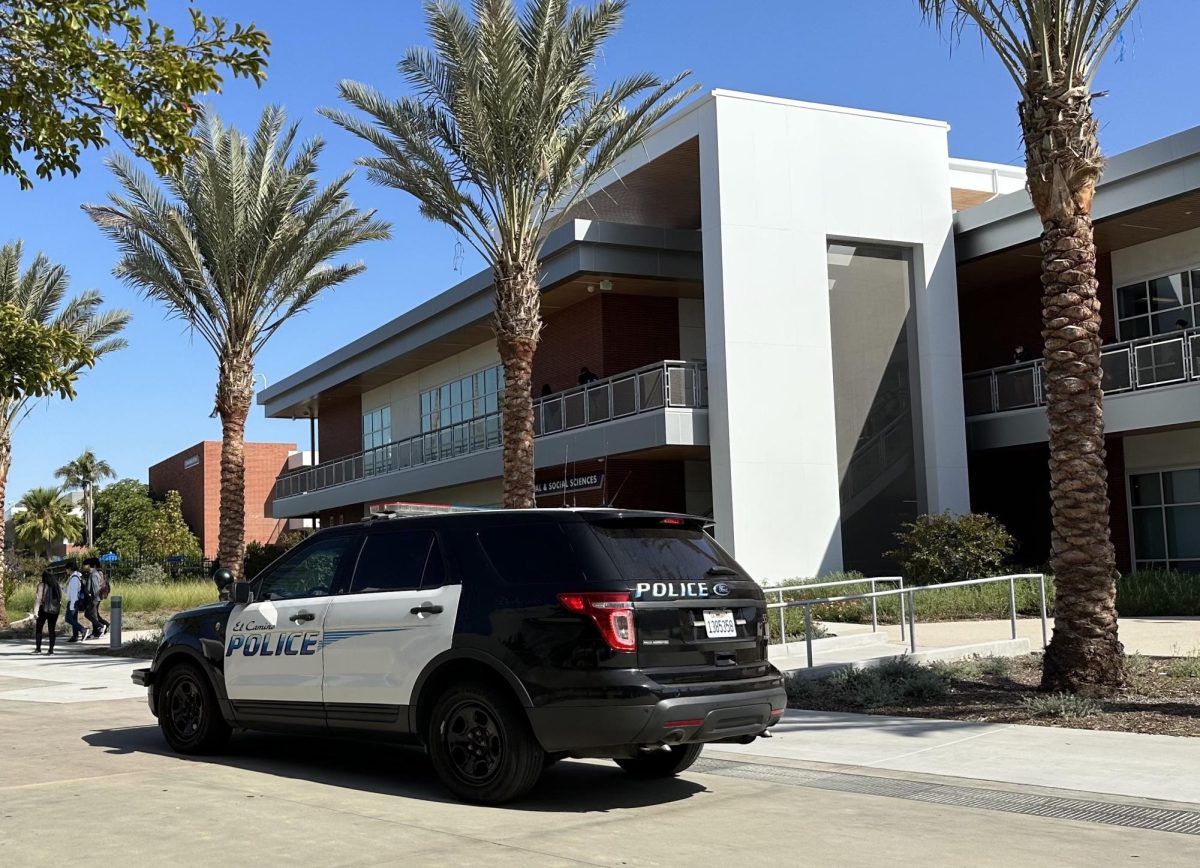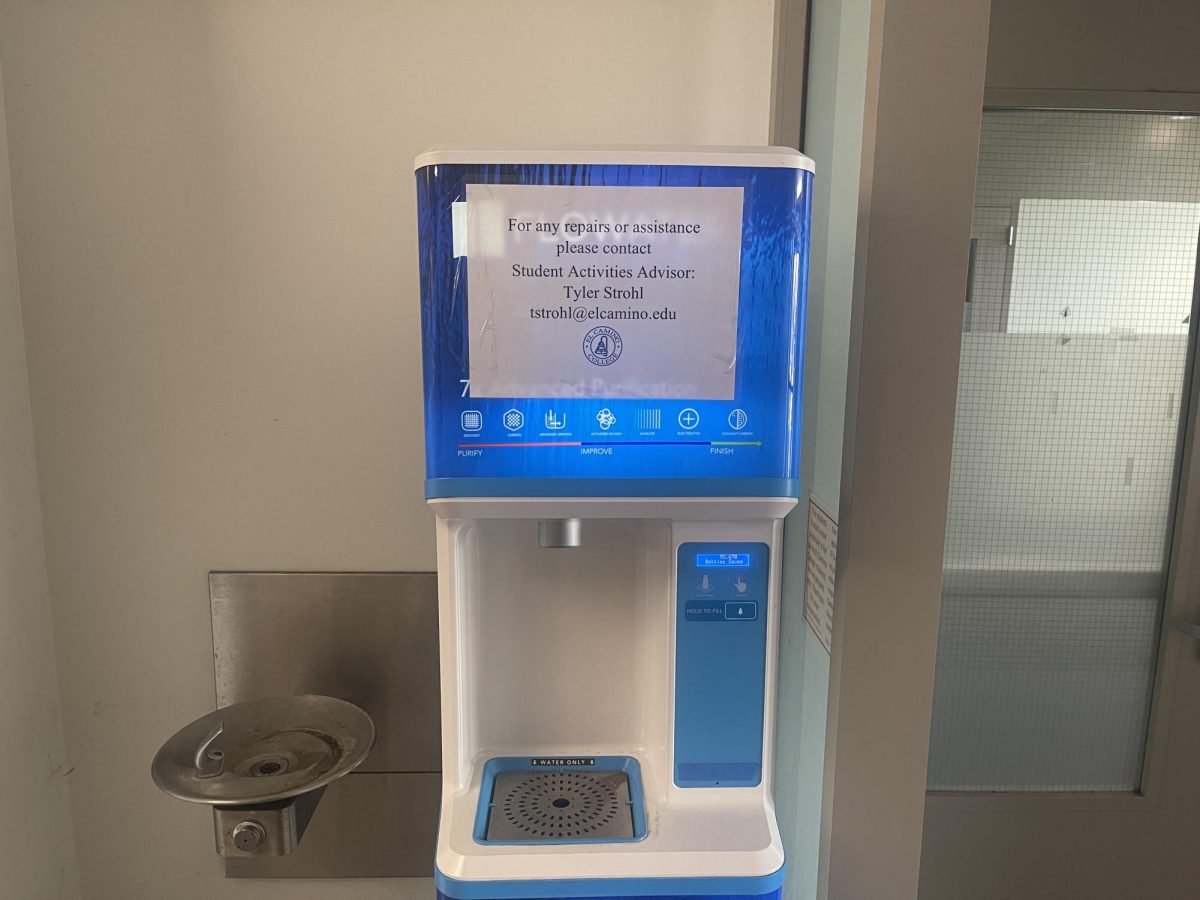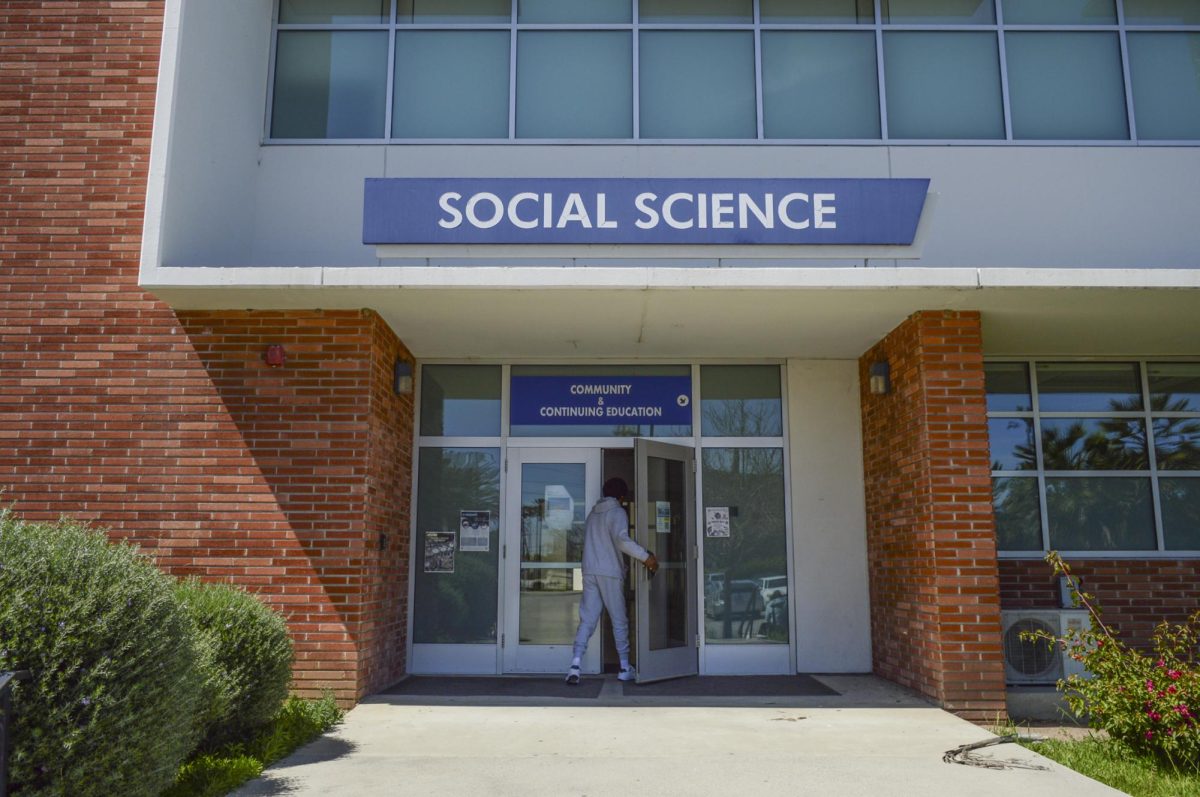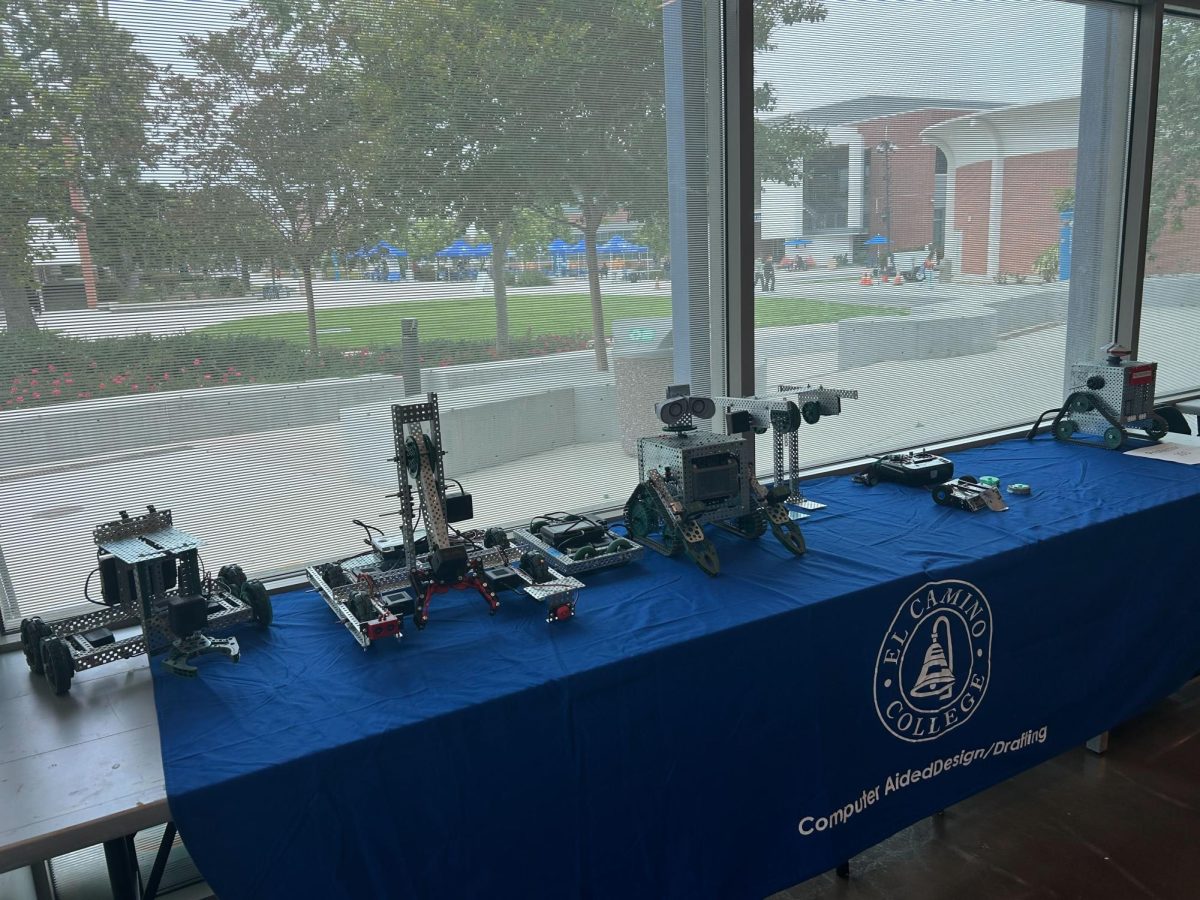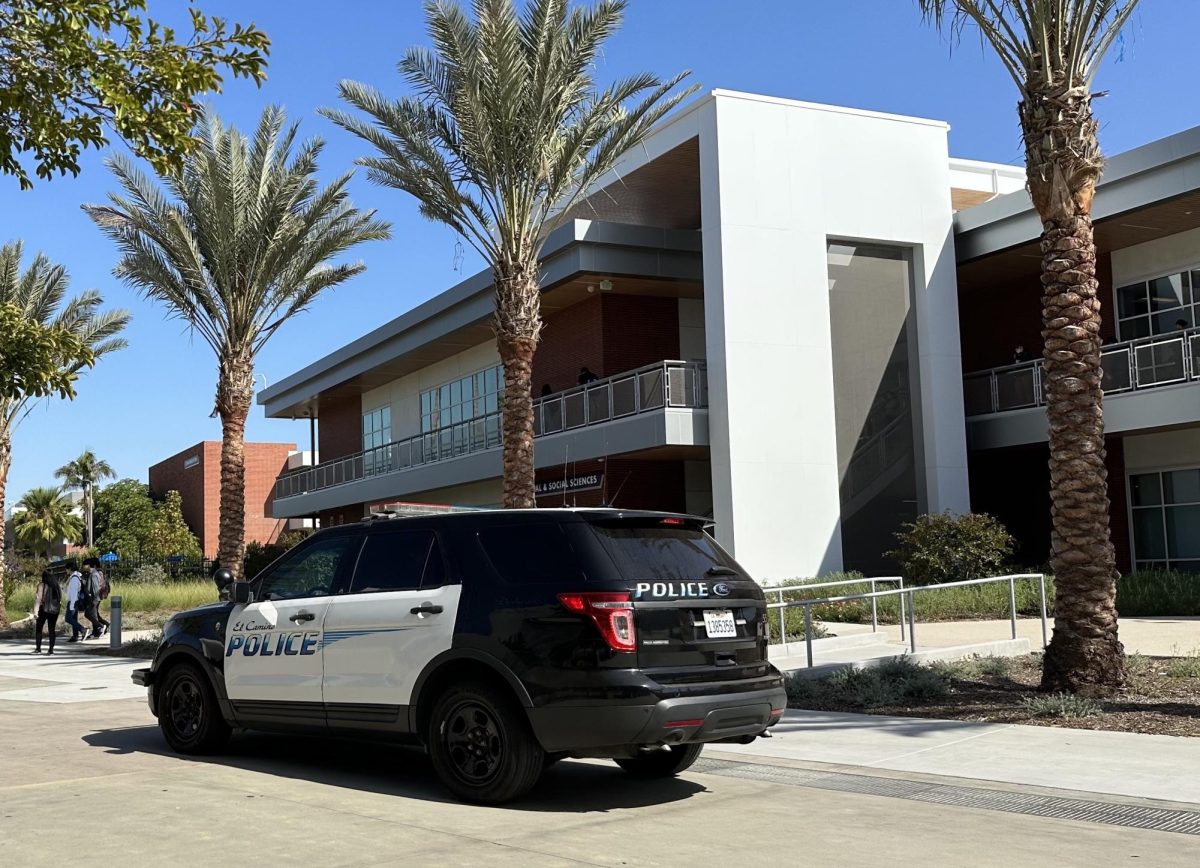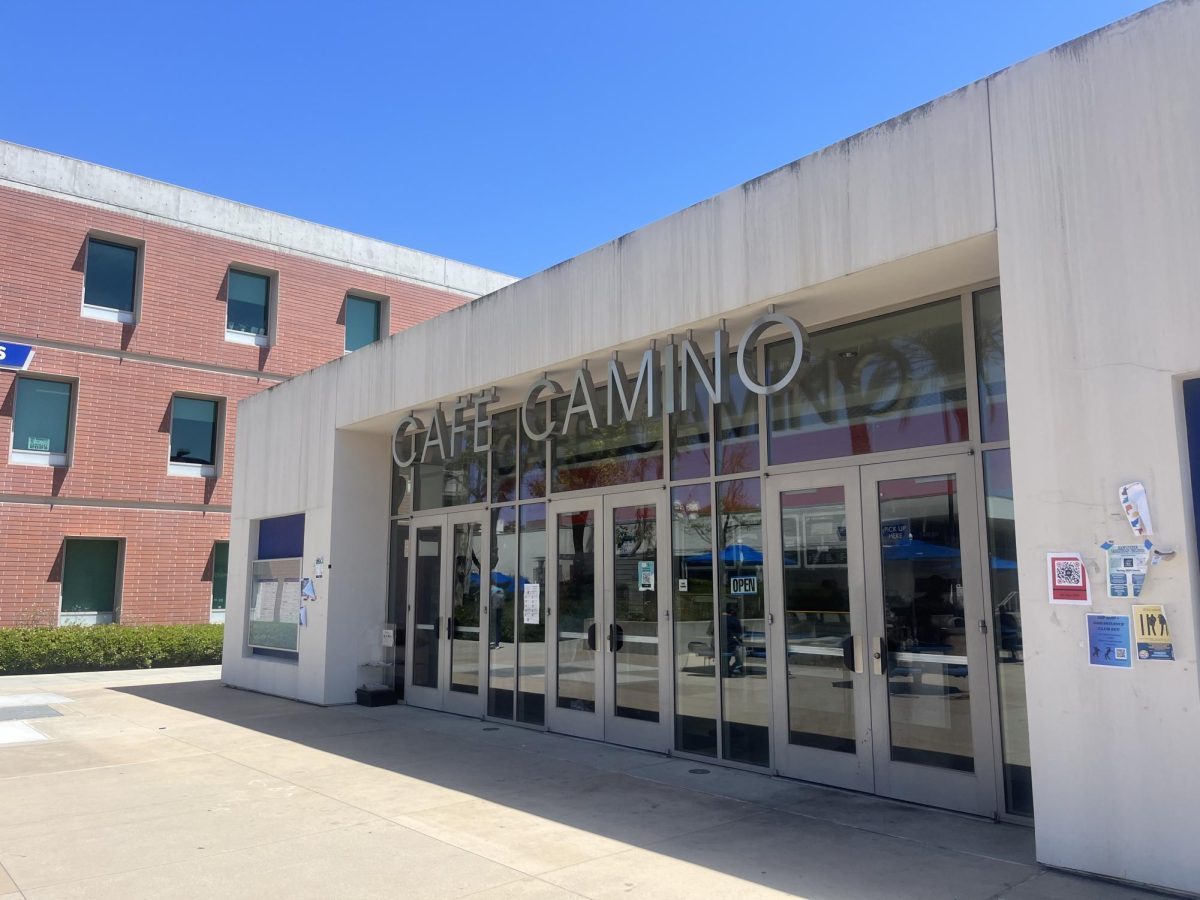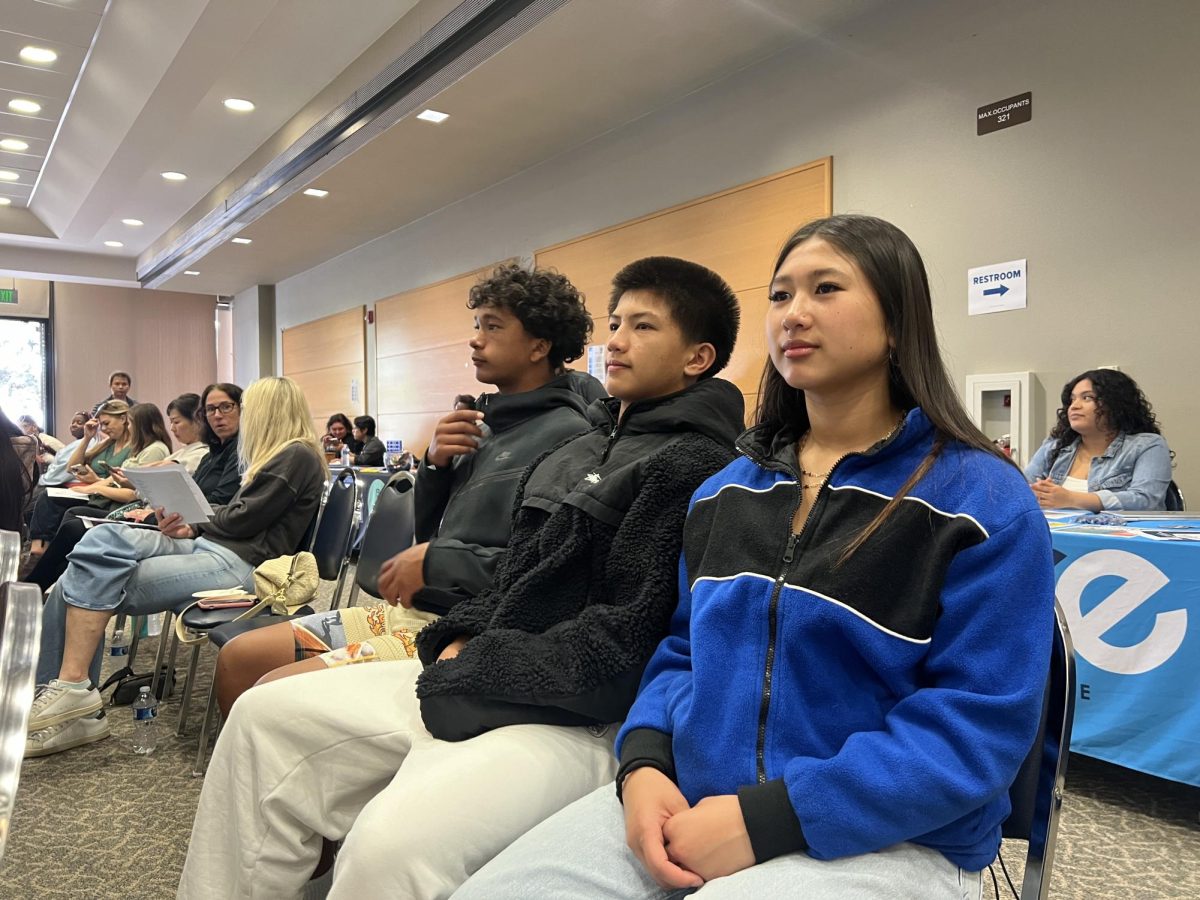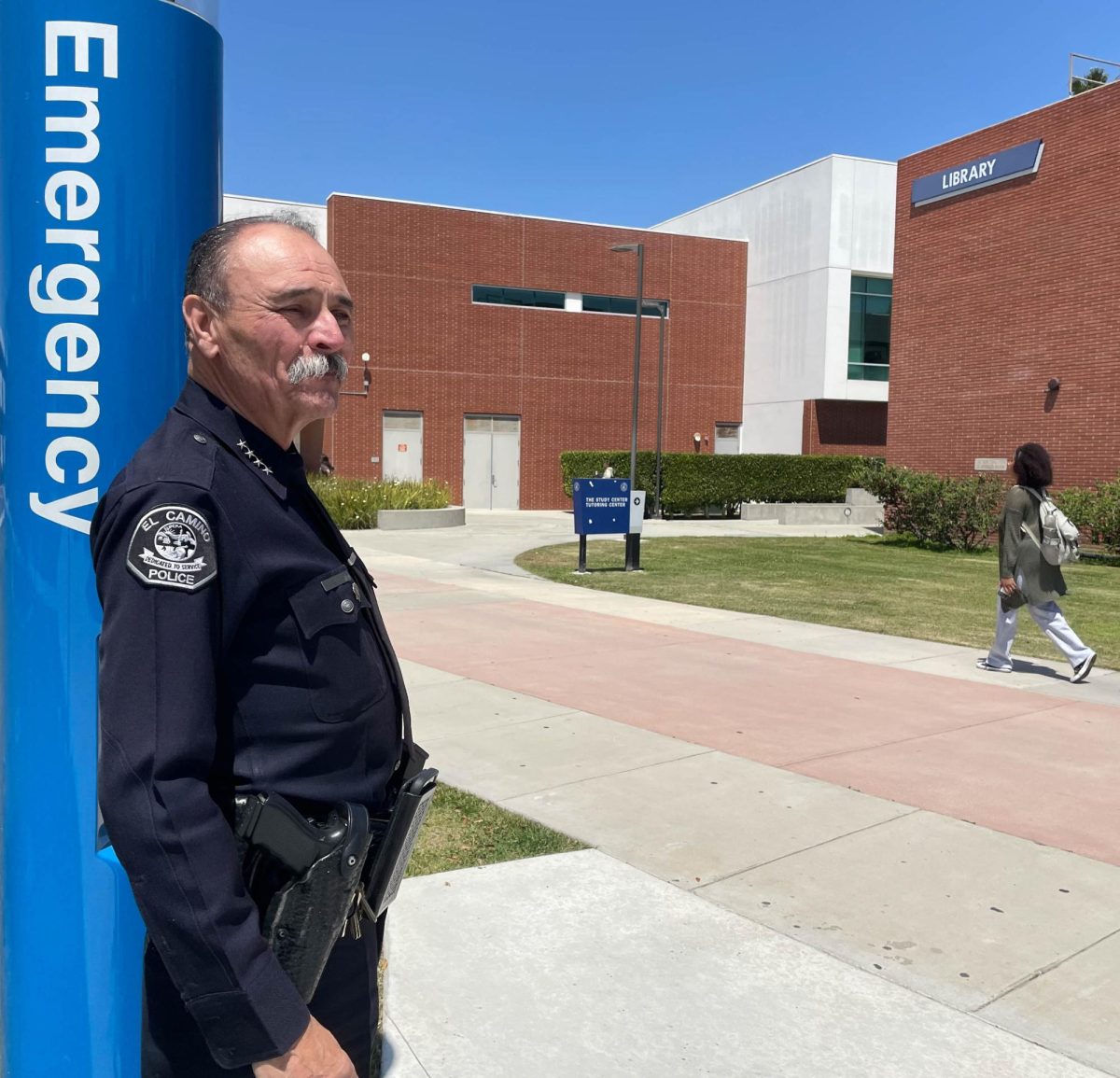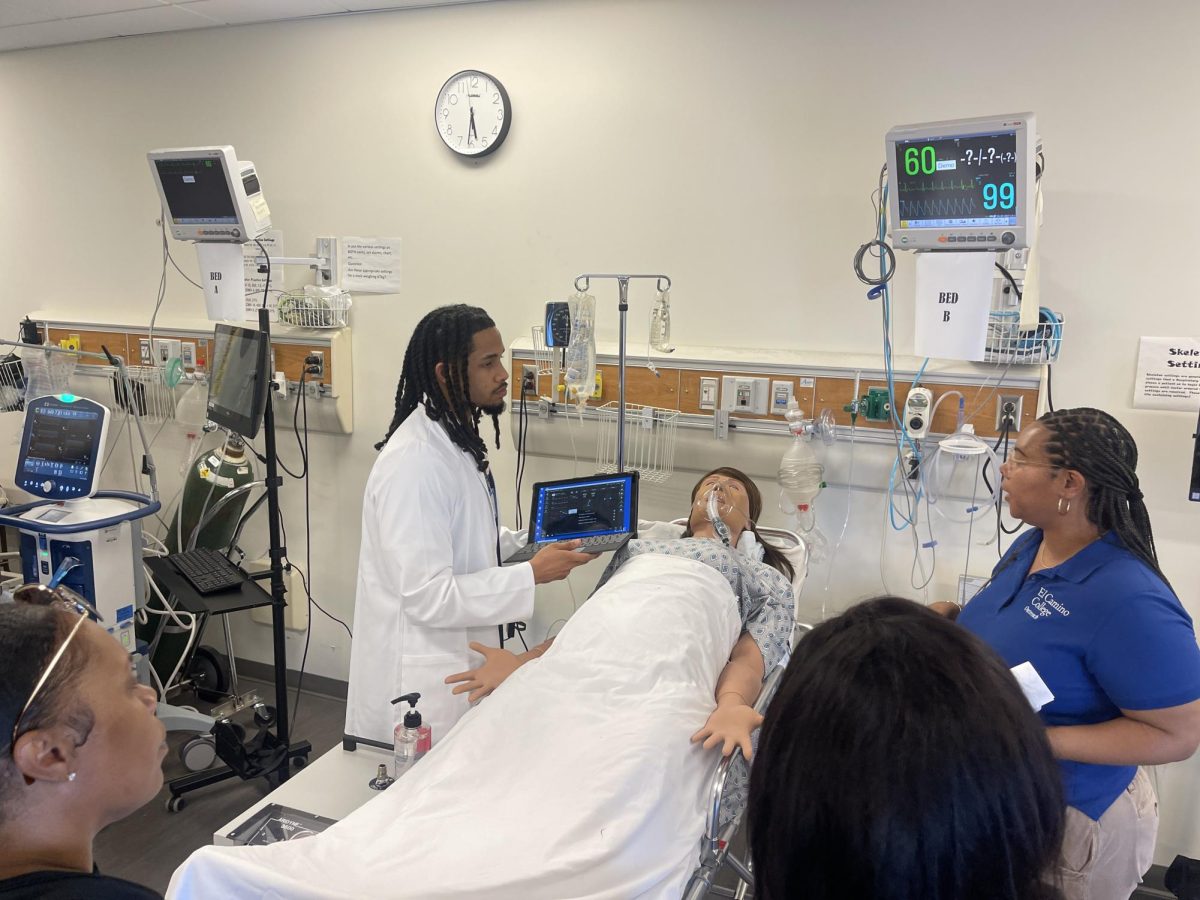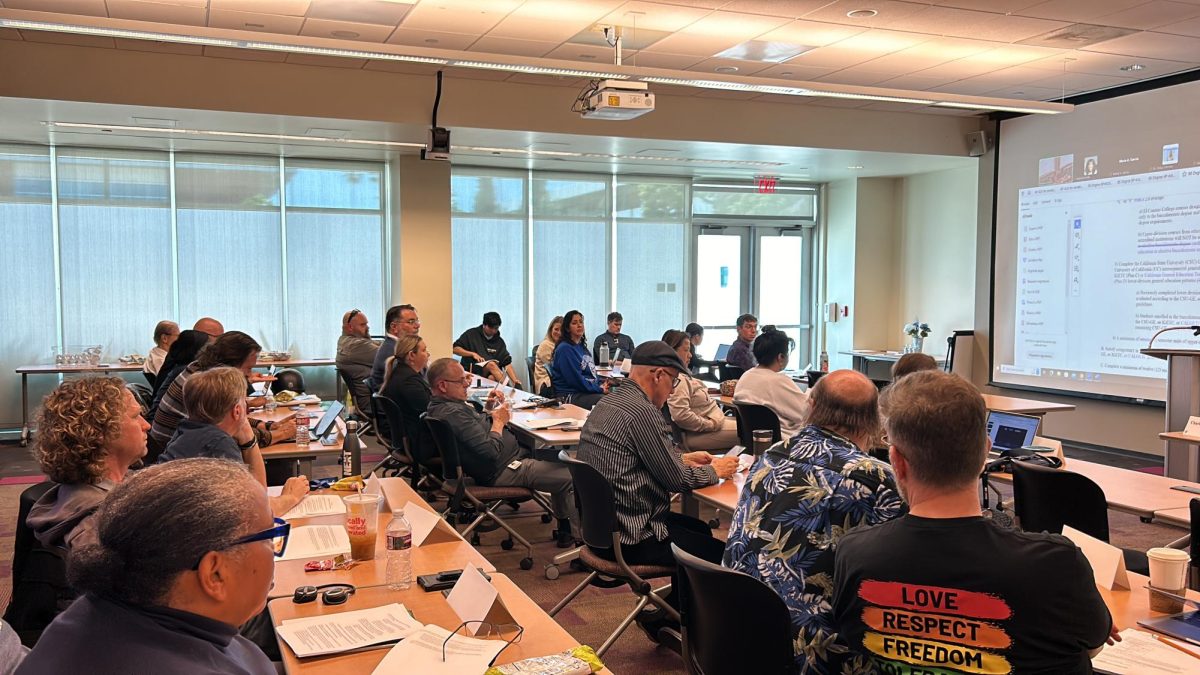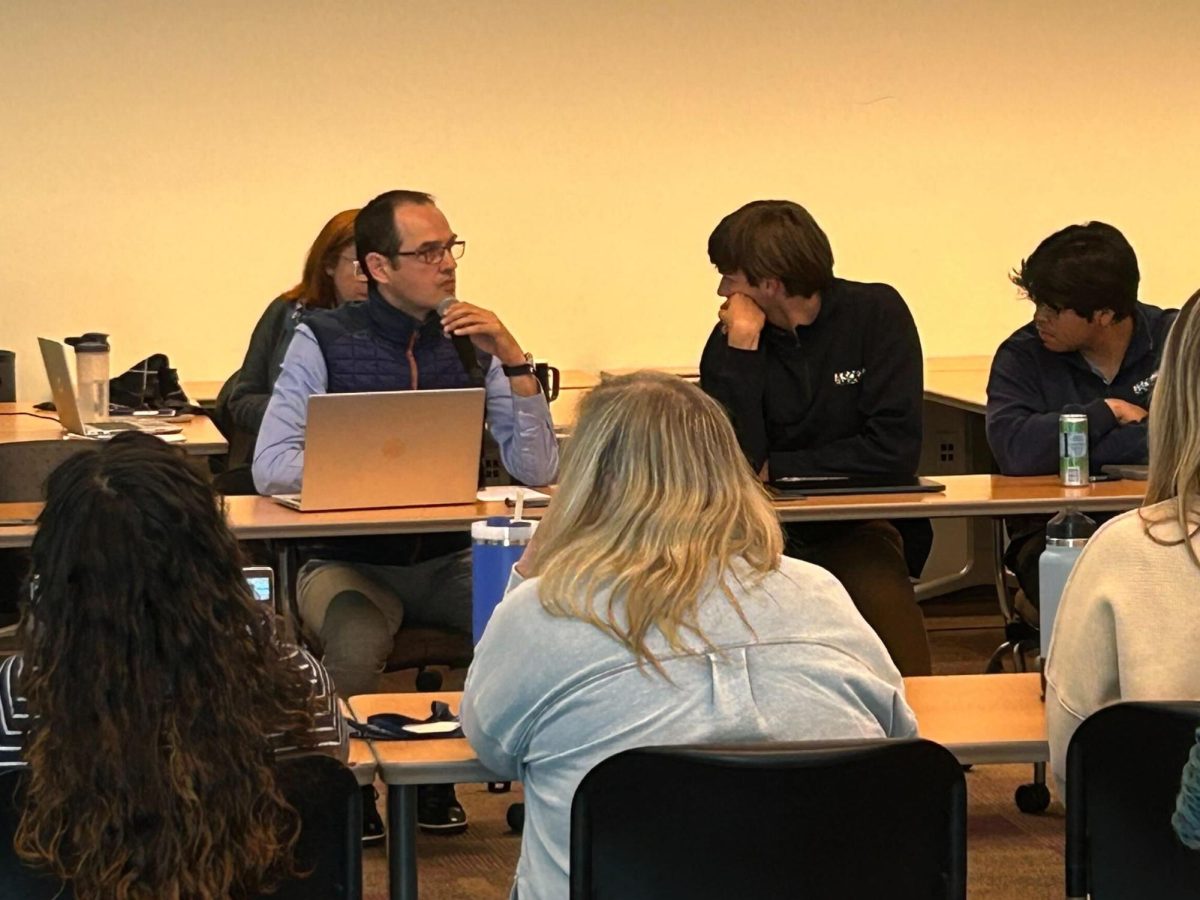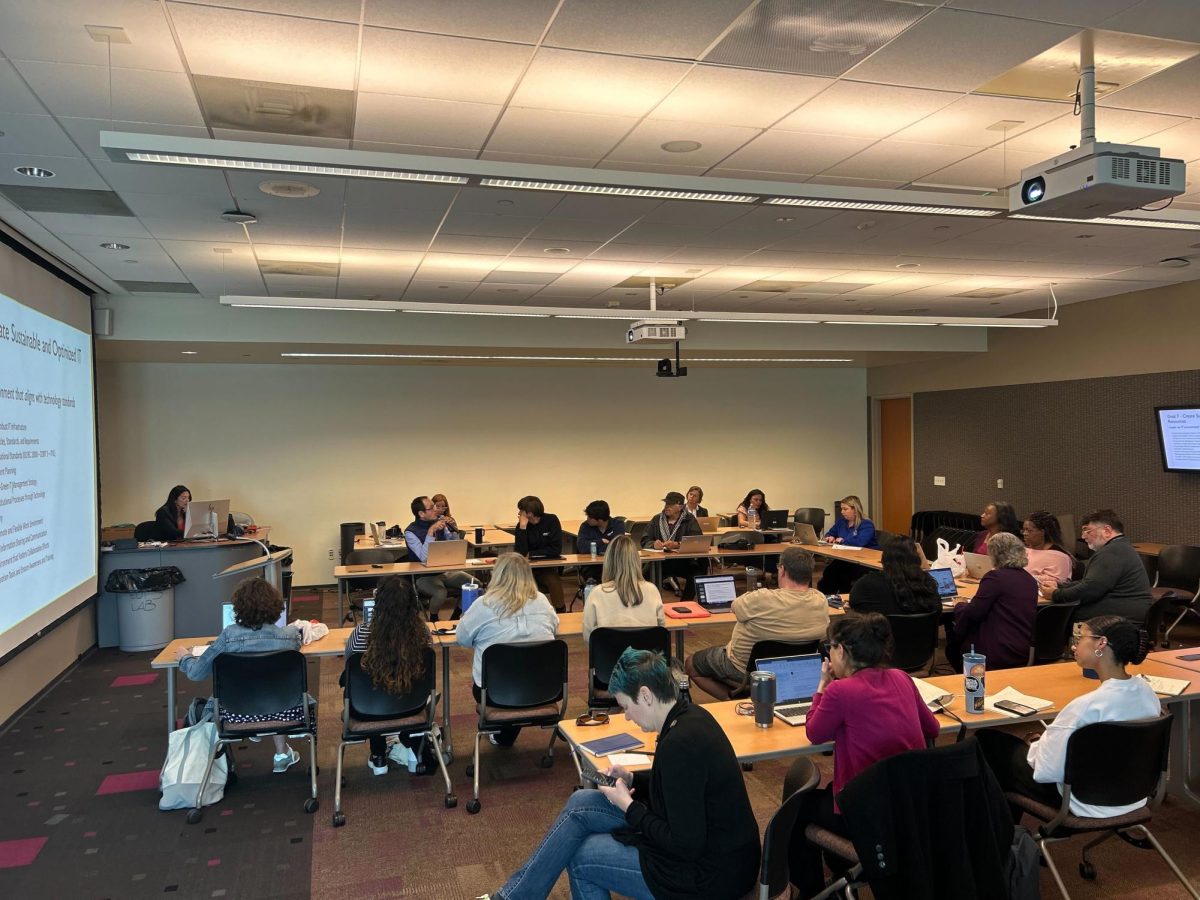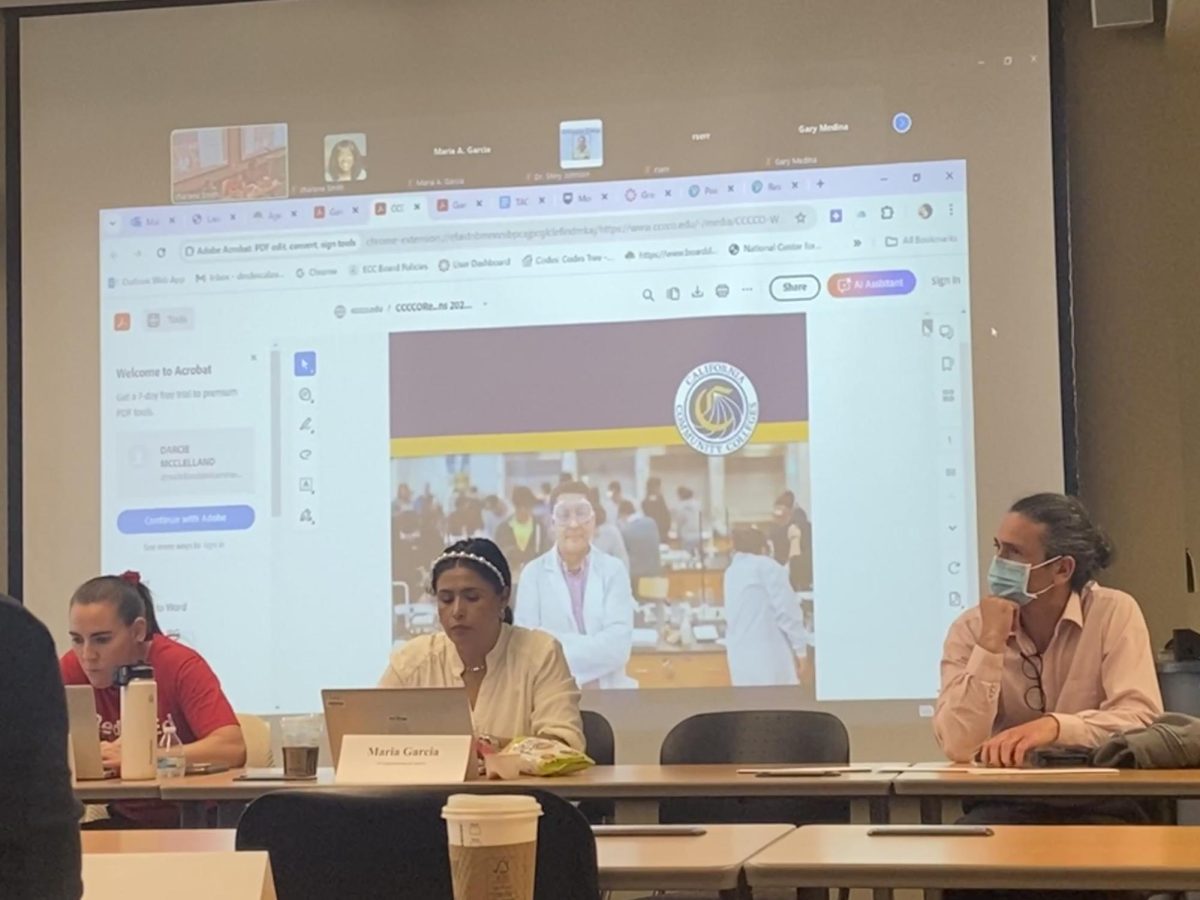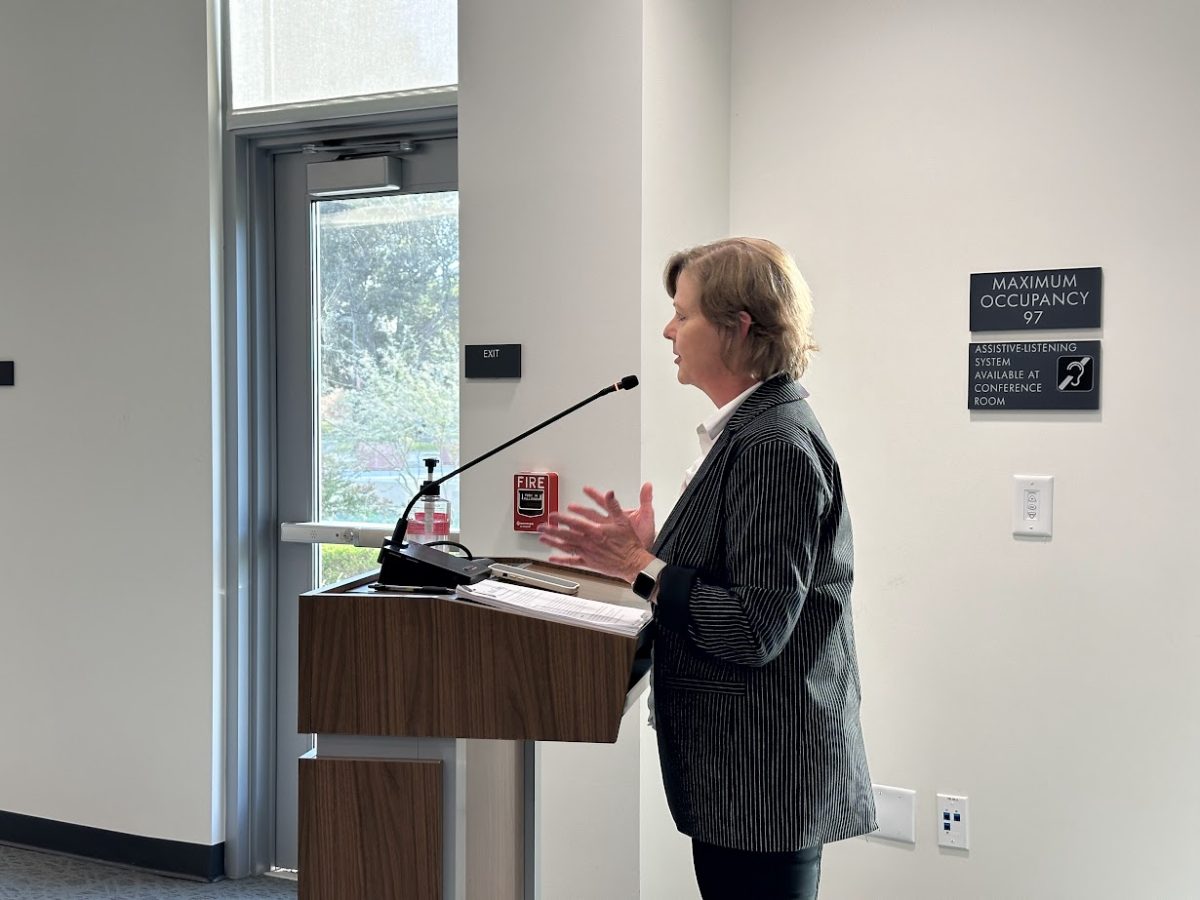Students looking to take a “Pass or No Pass” grading approach, instead of getting traditional letter grades, will have more courses to choose from.
Darcie McClelland, Academic Senate vice president of educational policies, said the senate will recommend which courses should and should not be eligible for the alternative evaluation method.
“I think there are valid arguments on both sides,” McClelland said. “I think that if we go to a system where we’re allowing more courses to be taken pass-no pass…we’re going to have to be very intentional about counseling students as to ‘Do you know how this is going to affect you?’”
In addition to the proposed increase in courses, the timeline for students to request a pass or no pass grade has been extended until the week before finals.
A student has a limited number of times to repeat pass or no-pass courses. Excessive no-pass grades could result in probation or dismissal, according to El Camino College’s grading policy.
McClelland highlighted that offering more courses under the alternative grading system could enhance efforts toward student equity, a goal strongly endorsed by many faculty members.
The policy change and subsequent discussion will occur during future Academic Senate meetings, however the practice is already in effect at El Camino College.
McClelland explained the change is due to the updates in Title 5 of the California Education Code regarding grading and academic symbol records.
Since the updates are a matter of state law changes, educational institutions must follow the guidelines set by the California Community Colleges Chancellor’s Office.
McClelland points out the necessity for faculty senators to discuss courses that should not be eligible for a pass or no pass grading option.
“Personally, at least in the STEM fields, I think that students should only be allowed to take courses pass-no pass as [long as] it’s not a major requirement,” McClelland said. “Students need to think about not just ‘How does this affect me three months from now?’ but ‘How does this affect me four or five years from now when I’m thinking about my plans for after I get my degree?’”



